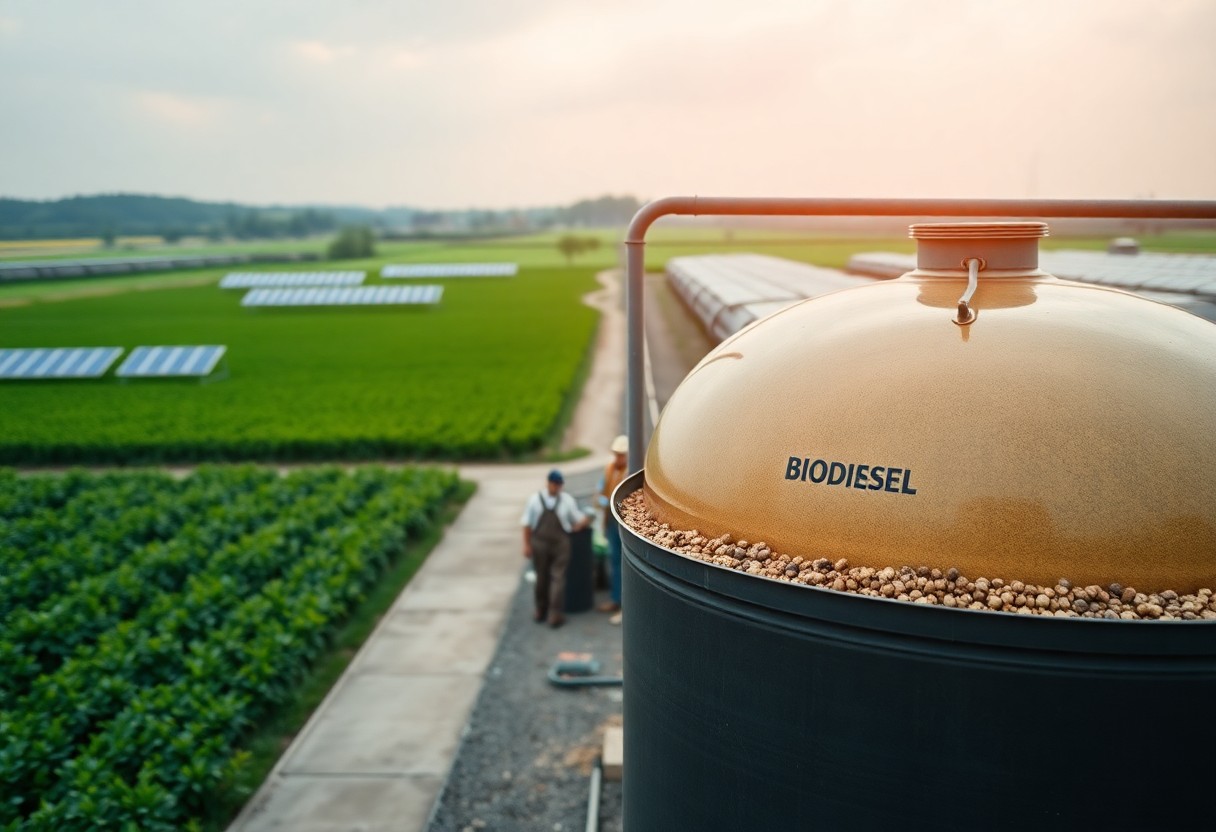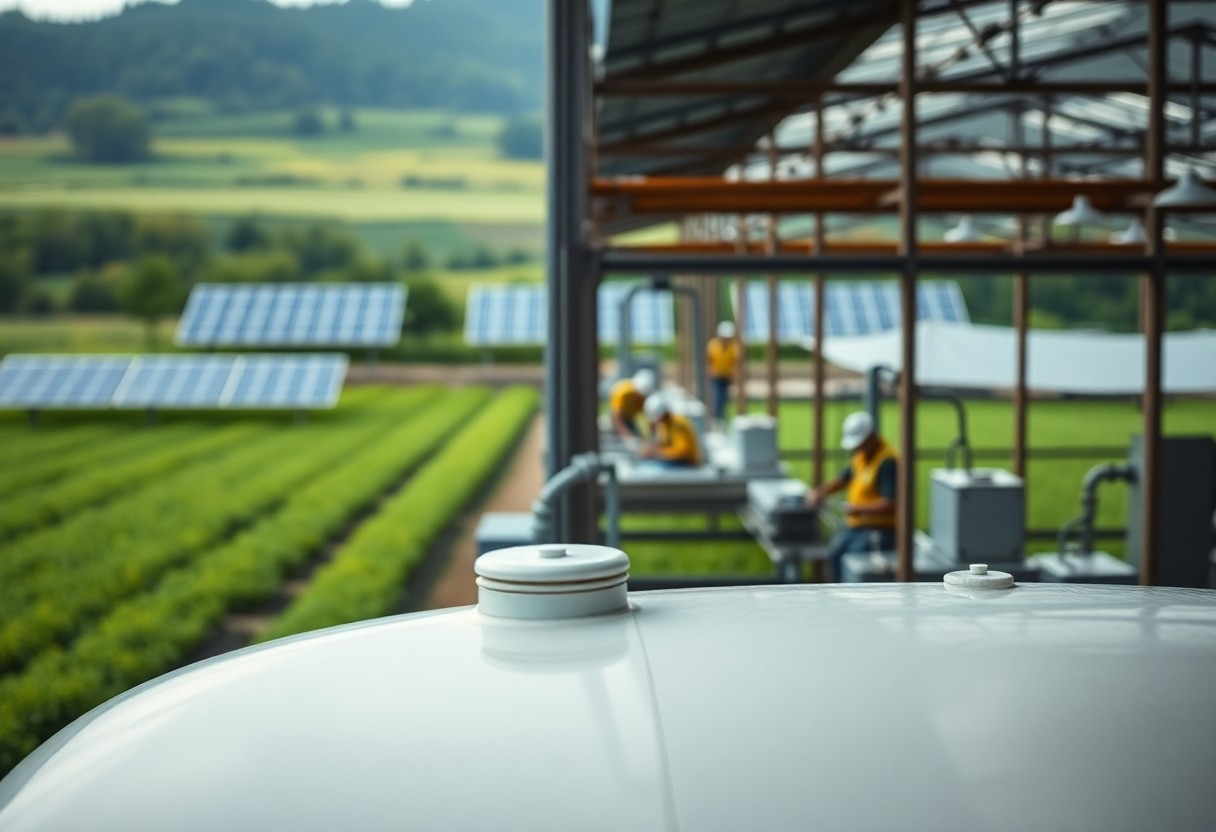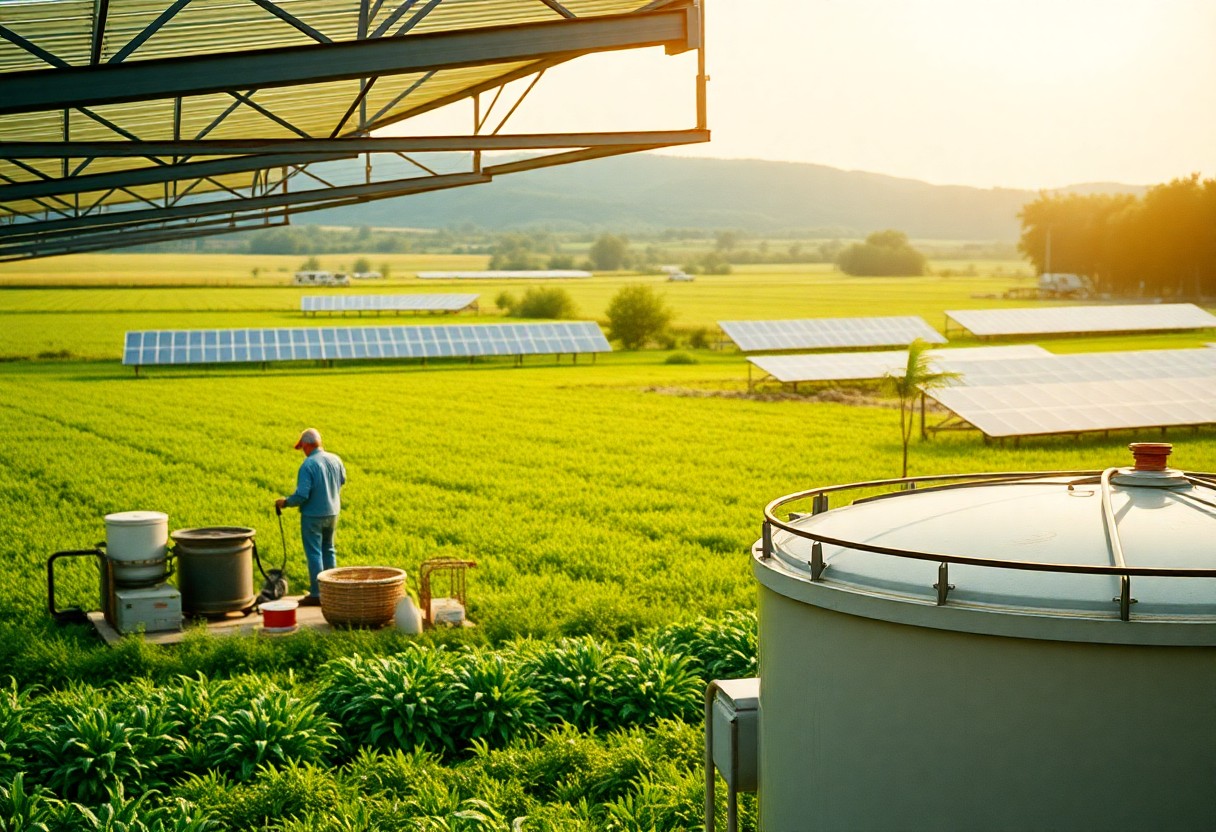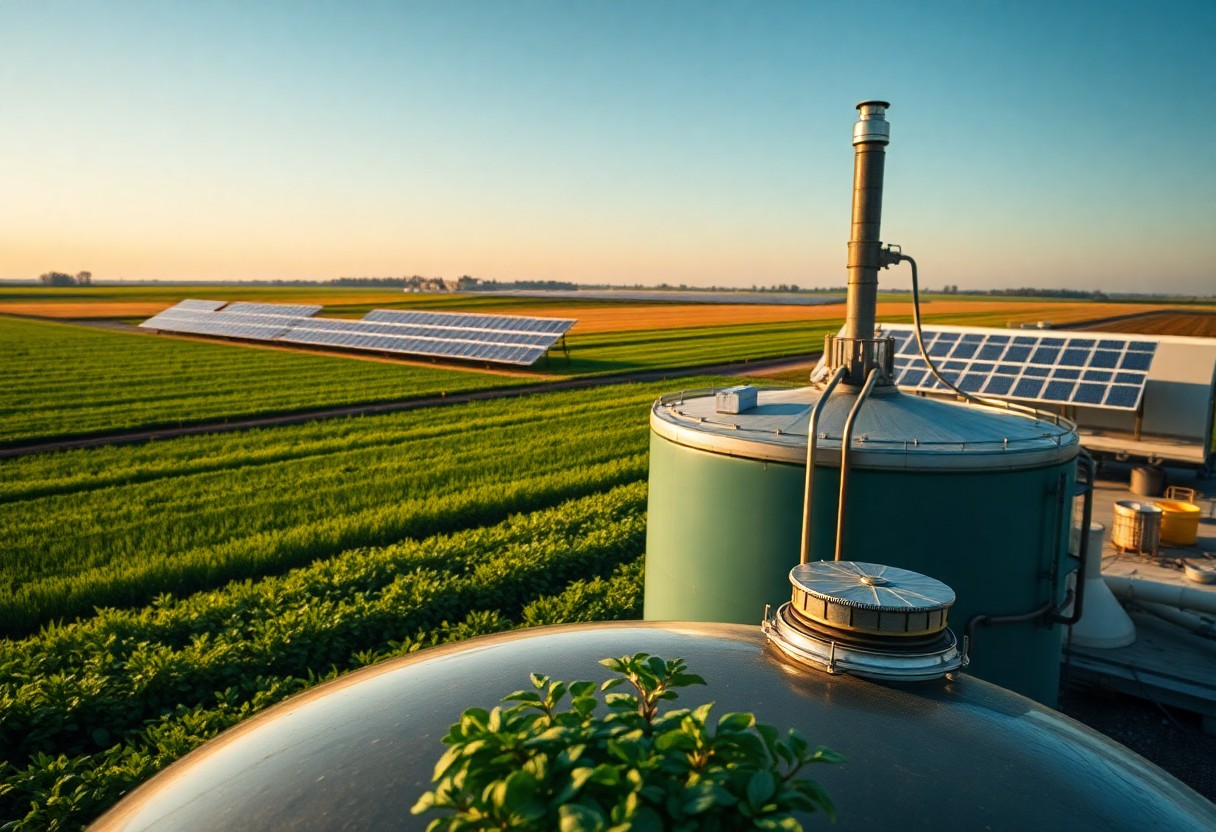As you consider the impact of your daily choices on the environment, you may wonder if alternative fuels can make a difference. You are likely aware that your carbon footprint contributes to climate change, and seeking solutions is a step in the right direction. Your actions, combined with technological advancements, can lead to a more sustainable future. In this article, you will explore the potential of biodiesel to reduce your carbon footprint and mitigate the effects of climate change, examining the benefits and challenges of this renewable energy source.

Benefits of Biodiesel
A notable advantage of biodiesel is its potential to mitigate the effects of climate change. You can contribute to a cleaner environment by using this alternative fuel source, which offers several benefits.
Reduced Greenhouse Gas Emissions
Relieving the atmosphere of harmful pollutants, biodiesel produces significantly fewer greenhouse gas emissions than traditional fossil fuels, allowing you to minimize your carbon footprint.
Energy Independence
Around the world, you see a growing trend towards self-sufficiency in energy production, and biodiesel can play a significant role in achieving this goal, enabling you to reduce your reliance on foreign oil.
Hence, as you consider your energy options, you will find that biodiesel can help you gain greater control over your energy sources, allowing you to make more informed choices about your environmental impact and contributing to a more sustainable future.
Production and Availability
You can find biodiesel in various parts of the world, with its production and availability varying by region. The sources and production trends of biodiesel play a significant role in determining its potential to reduce your carbon footprint.
Sources of Biodiesel
Along with the growing demand for renewable energy, you will find that biodiesel is derived from organic matter such as vegetable oils, animal fats, and algae. These sources can be used to produce biodiesel, providing a viable alternative to fossil fuels.
Global Production Trends
Availability of biodiesel is increasing globally, with many countries investing in its production. You can see a significant rise in the number of biodiesel plants being set up worldwide, indicating a growing interest in this renewable energy source.
Plus, as you probe deeper into the global production trends, you will notice that countries like the United States, Brazil, and Indonesia are leading the way in biodiesel production, with the European Union also making significant strides in this area. Your understanding of these trends will help you appreciate the potential of biodiesel to combat climate change and reduce your carbon footprint.
Environmental Impact
Some of the effects of biodiesel on the environment are still being studied, and you can find more information on this topic in the article Biofuels versus climate change: Exploring potentials and limitations, which provides an in-depth analysis of the relationship between biofuels and climate change.
Carbon Footprint Reduction
After considering the various aspects of biodiesel production, you will find that it can significantly reduce your carbon footprint, as it produces fewer greenhouse gas emissions compared to traditional fossil fuels, making it a more sustainable option for your daily commute.
Air and Water Pollution
Below the surface of the benefits of biodiesel, you will discover that it also has a positive impact on air and water pollution, producing fewer pollutants and particulate matter that can harm your health and the environment.
With the reduced emissions from biodiesel, you can expect a decrease in air pollution, which will lead to better air quality, and as you investigate deeper, you will find that biodiesel production also generates less wastewater and other pollutants that can contaminate your water sources, making it a cleaner alternative for your transportation needs.

Economic Factors
Despite the benefits of biodiesel, you should consider the economic implications. Key factors include:
- cost
- job creation
. You can learn more about The Power of Biodiesel in the Fight Against Climate Change. This will help you make informed decisions about your energy choices.
Cost-Effectiveness
Cost-effectiveness is a significant aspect of biodiesel, as you evaluate its feasibility. You will find that biodiesel can be a cost-competitive alternative to traditional fuels, making it a viable option for your energy needs.
Job Creation and Industry Growth
Besides the environmental benefits, you should also consider the economic advantages of biodiesel, including job creation and industry growth. You will see that investing in biodiesel can stimulate local economies and create new opportunities.
At the forefront of the biodiesel industry, you will find a growing number of jobs and businesses dedicated to producing and distributing this renewable energy source. You can support this growth by choosing biodiesel for your energy needs, thereby contributing to a more sustainable future and a stronger economy.

Challenges and Limitations
To effectively assess biodiesel’s potential, you must consider the obstacles it faces. Producing biodiesel on a large scale and building the necessary infrastructure are significant challenges.
Scalability and Infrastructure
For instance, you will find that expanding production and distribution networks is a complex task, requiring substantial investment and planning to ensure efficient and widespread adoption of biodiesel.
Food vs. Fuel Debate
An additional concern you should be aware of is the competition between food crops and biodiesel production, which can impact food prices and availability, affecting your own food security and that of communities worldwide.
Further examination of the food vs. fuel debate reveals that you, as a consumer, have a role in advocating for sustainable biodiesel production methods that do not compromise food production, thereby balancing your energy needs with the need to maintain global food security.
Future Outlook
Keep in mind that as you explore the potential of biodiesel, you can learn more about its benefits at Biodiesel Benefits – Alternative Fuels Data Center, which provides valuable insights into this alternative fuel source.
Technological Advancements
Along with the growth of the biodiesel industry, you will see advancements in technology that increase efficiency and reduce production costs, making biodiesel a more viable option for your daily needs.
Policy and Regulatory Frameworks
Frameworks that support the development and use of biodiesel are being established, enabling you to make more informed choices about your energy consumption.
This policy framework will likely influence your decisions as a consumer, allowing you to opt for biodiesel as a cleaner, more environmentally friendly alternative, and you will be able to track the progress of these developments, staying up-to-date on how biodiesel can help reduce your carbon footprint.
1. Biodiesel lowers greenhouse gas emissions significantly.
2. It’s made from renewable biological sources.
3. Reduces dependency on fossil fuels effectively.
4. Supports local agriculture and economies positively.
5. Compatibility with existing diesel engines saves costs.
6. Encourages sustainable energy practices globally.
To wrap up
Taking this into account, you can see that biodiesel offers a viable solution to reducing your carbon footprint. As you consider the benefits, you will find that switching to biodiesel can significantly lower your greenhouse gas emissions, helping to combat climate change. By making this choice, you are contributing to a cleaner environment, and your actions can collectively make a substantial impact when combined with those of others. You can be part of the solution, and your decision will have a lasting effect on the planet’s well-being.



